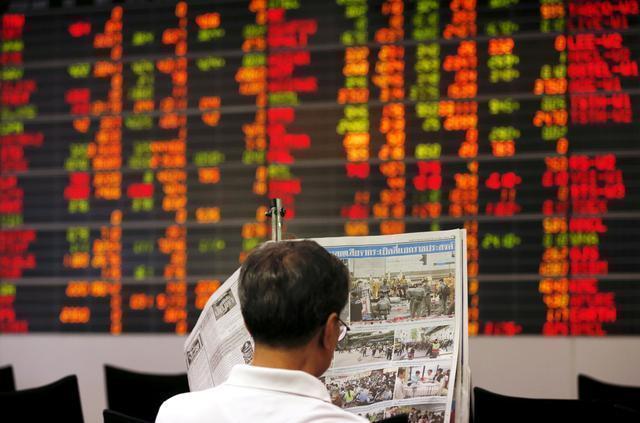The second round of peace talks between the Russian and Ukrainian delegations, which was supposed to be held yesterday, will be held this morning in Brest, on the border of Belarus.
The Treasury and Finance Ministry is closely monitoring and evaluating the developments and possible impacts of the Russia-Ukraine war on the economy, according to Treasury and Finance Minister Nureddin Nebati. “Although it’s too early to see the clear picture, we believe that the tension will adversely affect Turkey in terms of energy imports, tourism, and exports,” Nebati said. Stressing that energy prices, which have already started to increase with the impact of the global economic recovery, have further increased due to the Russia-Ukraine crisis, Nebati added: “We are examining the economic dimension of the issue in detail. We are ready to take action if necessary.” The Treasury and Finance Minister also reiterated the government’s goal of reducing inflation permanently to the single-digit figures with the support of coordinated monetary and fiscal policies.
The United Brands Association (BMD), which is the umbrella organization for the Turkish brands that operate a total of 922 stores in Russia and Ukraine, held a meeting about the conflict and its impacts yesterday. There has been some looting in Ukraine since martial law was declared, while employees have gone to safe zones. Business in Russia, where 32 Turkish ready-wear and textile brands operate 655 stores and 2,556 sales points, has fallen by 50%.
Turkey has evacuated a total of 8,050 people, mostly Turkish citizens, from Ukraine amid war in the country, according to Foreign Minister Mevlut Cavusoglu. He tweeted that 2,604 people, mostly Turkish citizens, including Azerbaijanis, fled the cities of Kyiv, Kharkiv, Odesa, Zaporizhia, and Lviv on Wednesday as the bombing continues. “Our plans for the safe evacuation of our citizens continue,” he said, saying that Turkey is providing border-crossing support for 2,200 people.
Turkey has lifted its requirement to wear a mask outdoors, according to Health Minister Fahrettin Koca. He also stated that if ventilation is sufficient in closed environments and social distancing rules can be followed, it is ‘no longer necessary’ to wear a mask indoors, either. The usage of HES codes – Turkey’s coronavirus contact tracing system – has also been lifted, and the public will no longer have to show their code at the entrance to any building or event. Turkey has been gradually relaxing pandemic controls as case numbers, along with hospitalizations and death, fall and a larger portion of the population is vaccinated.
DAILY AGENDA
The Consumer Price Index (CPI) increased monthly by 4.81% in February, according to the Turkish Statistical Institute (TurkStat). Annual inflation jumped to 54.44%.
The Domestic Producer Price Index (D-PPI) skyrocketed to 105.01% in February on an annual basis, according to TurkStat. The D-PPI rose by 7.22% in February month over month.
The Central Bank and the Banking Regulation and Supervision Agency (BDDK) will release weekly money and banking statistics (2.30 pm).
READ A SELECTED ARTICLE FROM OUR MAGAZINE:
>> The cost of the war will be seen in March
Our economic analyst Alaattin Aktas analyses the adverse impacts of the Russia-Ukraine crisis on the economy, which we will likely see in March.










